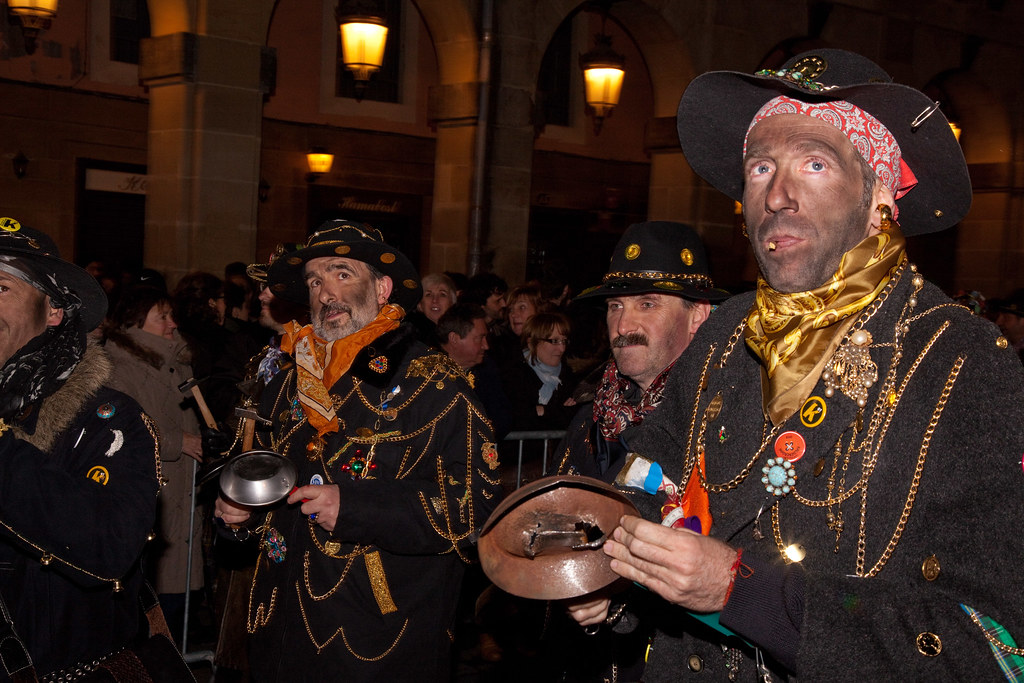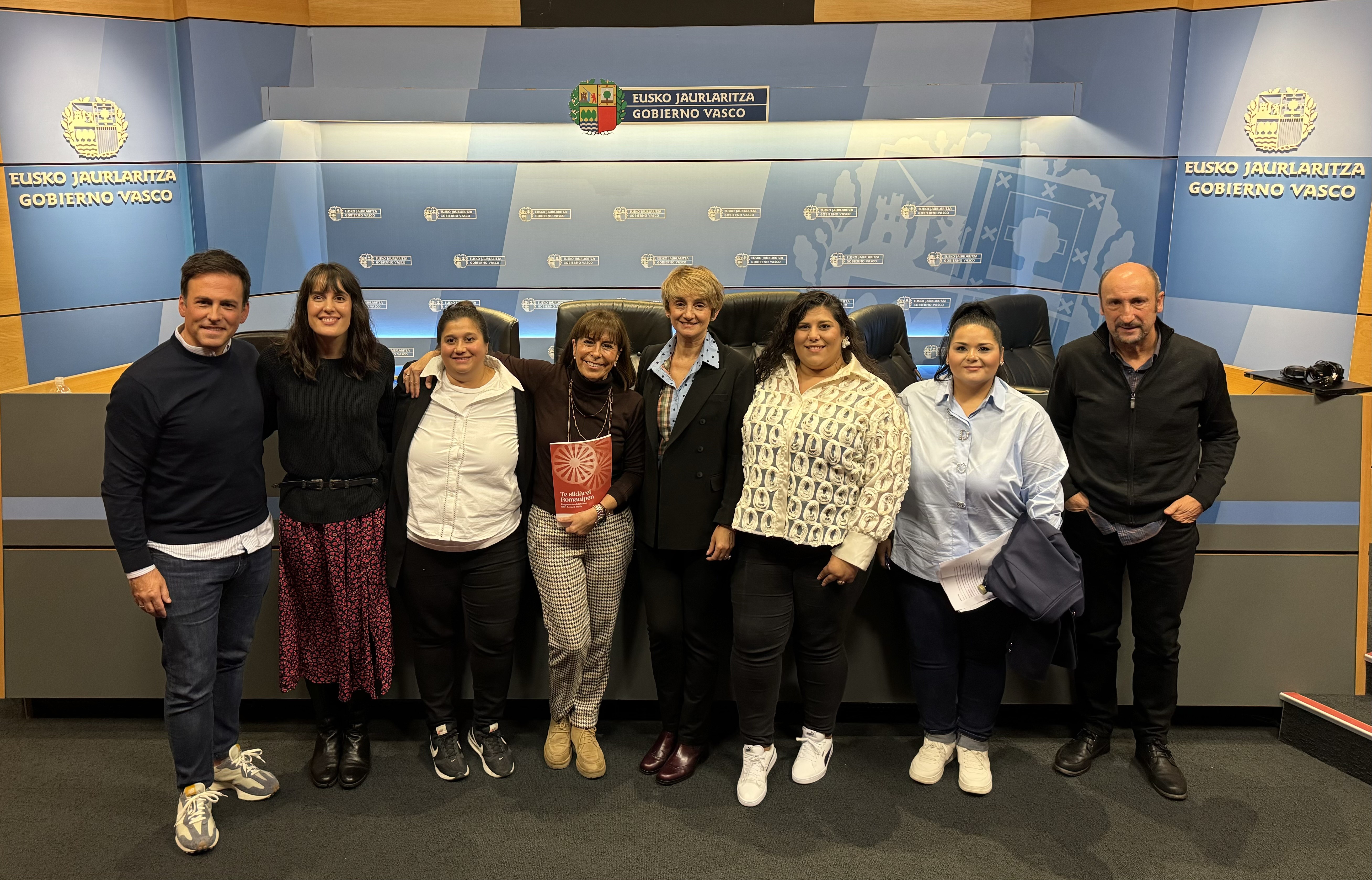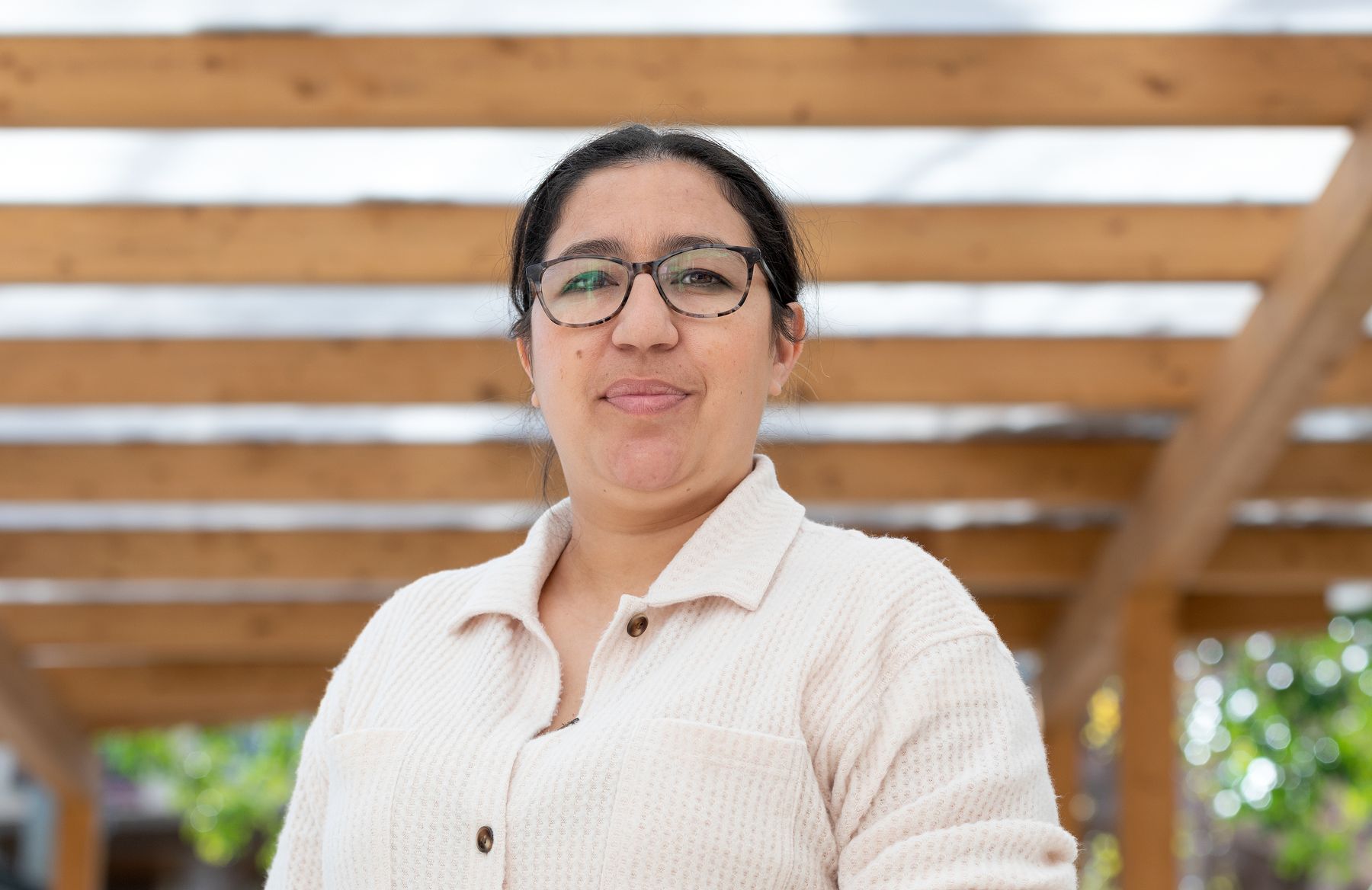
Being a Roma has long been banned in different parts of Europe, and, of course, our beloved and welcoming state in Spain and France too. That is why, for a long time, the Roma did not claim to be Roma. And that's why historians have a very hard time knowing their story and giving the necessary recognition. But despite their difficulty, the gaps in history must be filled to make history as diverse and honest as possible. A group of Roma historians is immersed in this. In the case of Euskal Herria, The Gypsy People in Euskal Herria (The Gypsy People in Euskal Herria) (Txalaparta, 2017) you can read that of David Martin, the best monograph we have on this subject, as I know.
Thanks to Martin's work, I discovered that the documents use, among others, surnames and professions to find the Roma. In other words, there are certain Roma names and professions and their observation will put us on the track of Roma identification. These two conditions are met, for example, by the Bertsolari and iconic Basque character Martin Larralde Iturbide. In this sense, a while ago we published an article by Ibai Iztueta and I in Zuzeun: And if Martín Larralde were gypsy, what?
In short, his two surnames, Larralde and Iturbide, are one of the most well-known gypsy dynasties. As David Martín explains in his book, the Yturbide “are one of the most represented families in judicial documents.” Larralde, in principle, appears as an alias of Pedro Yturbide (1688), and from there it seems that relatives could have taken him as a surname.
"What if enough bertsolaris had been Roma? And are the contributions of his Bertsolaris fundamental?"
On the other hand, the official documentation indicates that Martín Larralde is professional cordonnier, that is, a shoe maker. “In Euskal Herria, in the Old Regime, the typical and recognized professions of people on the shores of society are peasants, seasonal workers, shoemakers, carpenters, sharpeners, drivers, tamborilers, chatarreros or professional beggars. And these are the jobs that Roma people had.” Not only that, the friends who lived in the family house in Bordaxuri had the following trades: growers, colloquia, merchants, weavers, traffickers -- they could all relate to gypsies.
A few days ago, I came across another circumstantial test: Martin Larralde's own verse. Flemish experts tell us that the Coplas written by the Gypsies have, on many occasions, served to tell excerpts from their history and that it has been customary to have made verses about arrests, imprisonment, losses; in Spain it is called prisons. That is what Martín Larralde tells us.
"These are the songs I've given in the city of Pau.
Iron laden, oh! in prison;
and copy at the same time,
for everybody to sing in Hazparne."
Then, translated into Basque, for example, some coplas collected in Andalusia:
"I was sitting at the stick.
shove
I thought about our children.
What will our mother be like?
Baninderamaten
and I told them along the way
loosening strings
They hurt their arms."
The Roma presence of bertsolaris is not a discovery in itself, and Franzisko Javier Etxeberria Txuntxunero appears in the Wikipedia itself. It is also suggested that Xenpelar was a Gypsy child.
We also know Roma women bertsolaris -- even if it's just one. On 11 January 1968, Pierre Laffite presented us with the verses of the widow without title: "Minduri debrus in the creepy elhe who had a stroller, but, although they won their life, it has to be said that the game of heien became necilla and corvore. Progressive loss of membrane custom. In 1930, when the priest returned to the graveyard, two arms joined the coffin buhamea and began":
"Poor Martin Galox,
you won't see you in this world
You had my light, my bread, my gas!"
Part of this wall became a centralizing song, later Oskorri.
Given these facts, what if enough bertsolaris were Roma? And are the contributions of his bertsolarism fundamental? If it were like that -- it would be nice, right? Because I would like to say that Euskera has been the language of all.
I don't want my daughter disguising herself as a Gypsy in the caldereros. I don’t want Gypsy children at my daughter’s school to dress up as Gypsies in caldereros. Because being a gypsy is not a disguise. Because being a gypsy is not a party that takes place once a year, with... [+]
Imagine that for an institutional barometer you're asked, "How do you see white people compared to the rest of society: more conflicting/more honest/more working-class/more supportive?" Would it be exceptional? On the occasion of the International Day against Racism and Xenophobia, 21... [+]
Do you know that April 8 was International Roma Day? And you know why? If you look for it on Google, you can see that the first Romanesque world congress was held in London on April 8, 1971, and our flag was remembered there (do you know?). and our hymn, gelem, gelem (have you... [+]




















